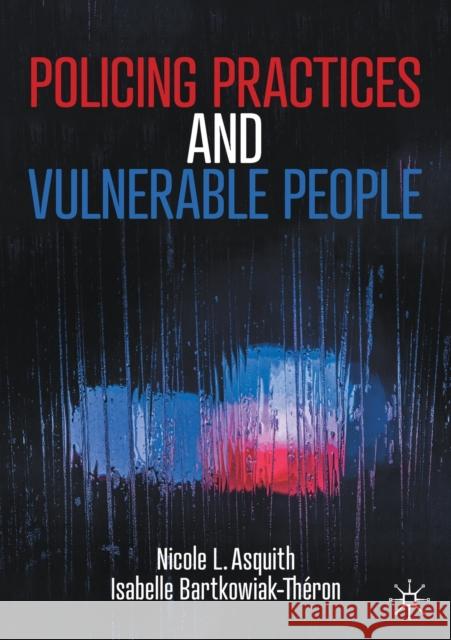Policing Practices and Vulnerable People » książka
topmenu
Policing Practices and Vulnerable People
ISBN-13: 9783030628697 / Angielski / Miękka / 2021 / 263 str.
Kategorie:
Kategorie BISAC:
Wydawca:
Palgrave MacMillan
Język:
Angielski
ISBN-13:
9783030628697
Rok wydania:
2021
Wydanie:
2021
Ilość stron:
263
Waga:
0.37 kg
Wymiary:
21.01 x 14.81 x 1.63
Oprawa:
Miękka
Wolumenów:
01
Dodatkowe informacje:
Bibliografia
Wydanie ilustrowane
Wydanie ilustrowane











